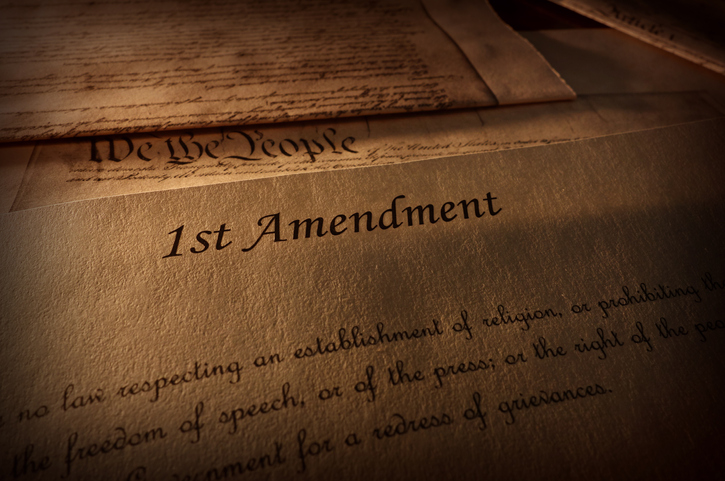On June 30, 2023, the United States Supreme Court issued its opinion in 303 Creative LLC v. Elenis, ruling that under the First Amendment’s protections for religious expression, a website designer was shielded from making wedding websites for same-sex couples.

This past Friday, August 4th, New Jersey’s Division on Civil Rights (DCR) issued its guidance on enforcement related to the intersection of religious freedom and the state’s anti-discrimination law, the New Jersey Law Against Discrimination (LAD).
The DCR noted that both parties agreed that the designer created “original,” “customized and tailored” websites for their clients. Furthermore, the sites were “expressive” based on the web designer’s speech and message. Finally, both parties stipulated that the company would work with all individuals of any protected class, including sexual orientation.

With that in mind, the DCR emphasized that New Jersey’s LAD “prohibits places of public accommodation from unlawfully discriminating against patrons or prospective patrons—that is, denying them full or equal accommodations, advantages, facilities, privileges, or services—on the basis of actual or perceived sexual orientation, gender, gender identity, gender expression, race, color, national origin, ancestry, religion, disability, and other protected characteristics.” Additionally, under the LAD, places of public accommodation cannot publish, circulate, or display anything stating that they will discriminate against patrons with any such protected characteristic. According to the DCR, “[i]n the overwhelming majority of cases, these prohibitions will continue to apply as they did before the Supreme Court’s decision.”

For those few services seeking an exemption from this rule, the Supreme Court’s decision requires that they show the following:
- The creative services are “original” and “customized and tailored” for each customer;
- The creation is “expressive” of the creator’s own First Amendment-protected speech; and
- The public accommodation’s refusal is based on the message it conveys, not the customer’s identity or protected characteristic standing alone.
The DCR provided several examples of public accommodations that are not “customized” or “original” – grocery stores, department stores, or hotels. For those that do offer “customized” products or services, they must be “expressive” of the designer’s own First Amendment speech. According to the DCR, if a web platform allows a customer to design their own wedding website, it cannot refuse to serve patrons based on sexual orientation. And when the creator meets both of these elements, he or she must still provide such messages to all patrons. That is, the designer cannot refuse to provide products or services based on the customer’s protected characteristic. For example, if a New Jersey company substantially similar to 303 Creative LLC refused to provide a lesbian couple with a website for their professional marketing company, then it would run afoul of the LAD.
If you have questions regarding civil rights, employment discrimination, religious expression, or public accommodations, please call Erdal Employment Law, or fill out the Intake Form at the top of this website!